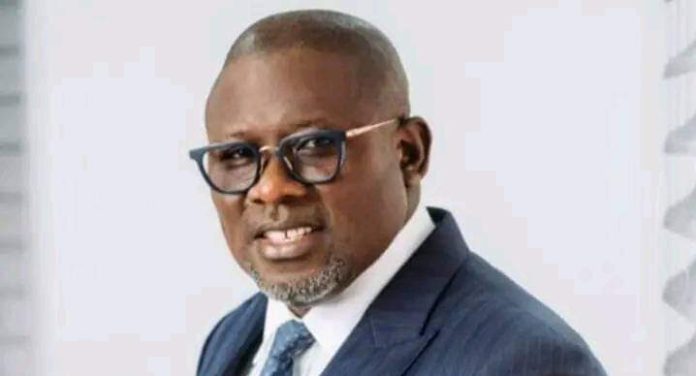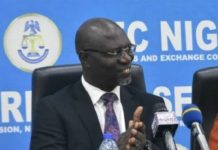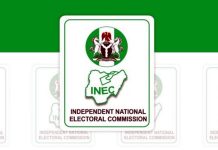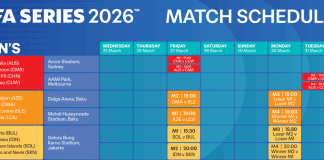The Delta State Government proposes a budget of N936 billion for the 2025 fiscal year, seeking approval from the State House of Assembly. The State Commissioner for Economic Planning, Mr. Sonny Ekedayen, announces this during a press briefing after the State Executive Council meeting led by Governor Sheriff Oborevwori at the Government House in Asaba.
Mr. Ekedayen is joined at the briefing by Commissioners Dr. Ifeanyi Osuoza (Information), Mr. Charles Aniagwu (Works, Rural and Riverine Roads), and Mr. Ebikeme Clark (Riverine Infrastructure).
The proposed budget allocates N587.4 billion (62.75%) to capital projects, focusing on infrastructure and development, while N348.7 billion (37.25%) is set aside for recurrent expenditures, including salaries and overhead costs. The budget framework uses an exchange rate of N1,300 per dollar, even though the current market rate exceeds N1,650, raising concerns about its viability.
Mr. Ekedayen emphasizes that the budget aims to balance capital and recurrent spending, showcasing the government’s commitment to key sectors. He states, “This budget reflects our dedication to advancing critical areas such as agriculture, support for MSMEs, youth empowerment, tourism, healthcare, education, and infrastructure.”
The 2025 budget proposal marks a 29.12% increase compared to the current 2024 budget, highlighting the administration’s focus on economic growth and sustainable development. However, Mr. Ekedayen clarifies that this proposal is still subject to legislative review and will be formally presented to the State House of Assembly for further consideration.
On funding, the Commissioner assures that Governor Oborevwori’s administration maintains its commitment to transparency and accountability. He confirms that the 2025 budget relies entirely on internally generated revenue and federal allocations, with no plans for external borrowing. The state expects to generate at least N140 billion from internal sources, with substantial support from the Federal Accounts Allocation Committee (FAAC) to fund the outlined projects and initiatives for the upcoming fiscal year.













